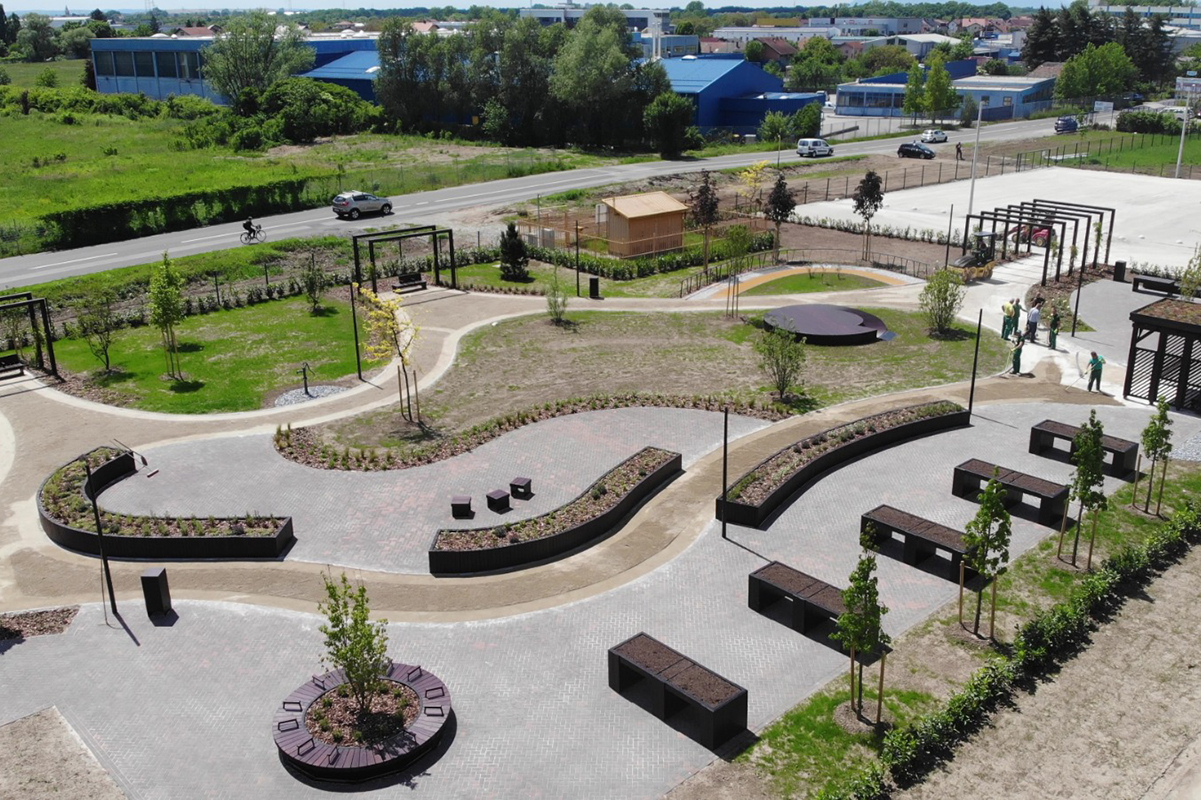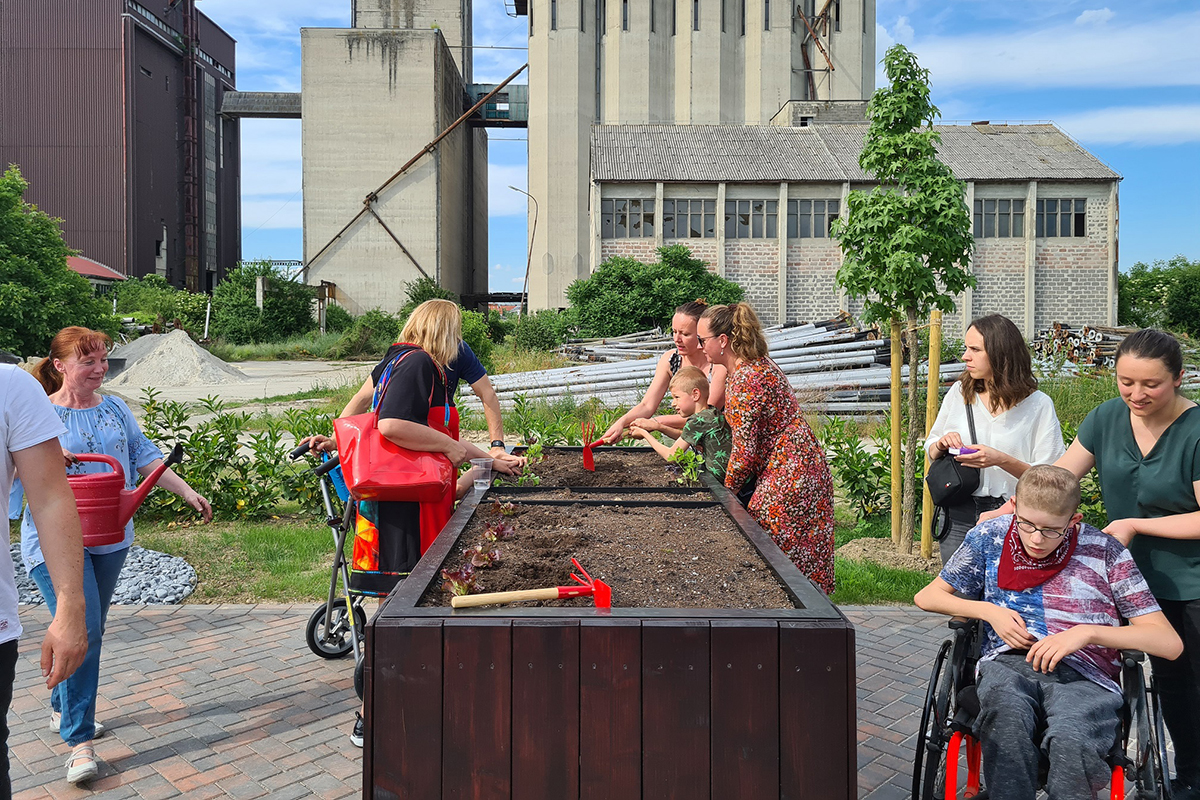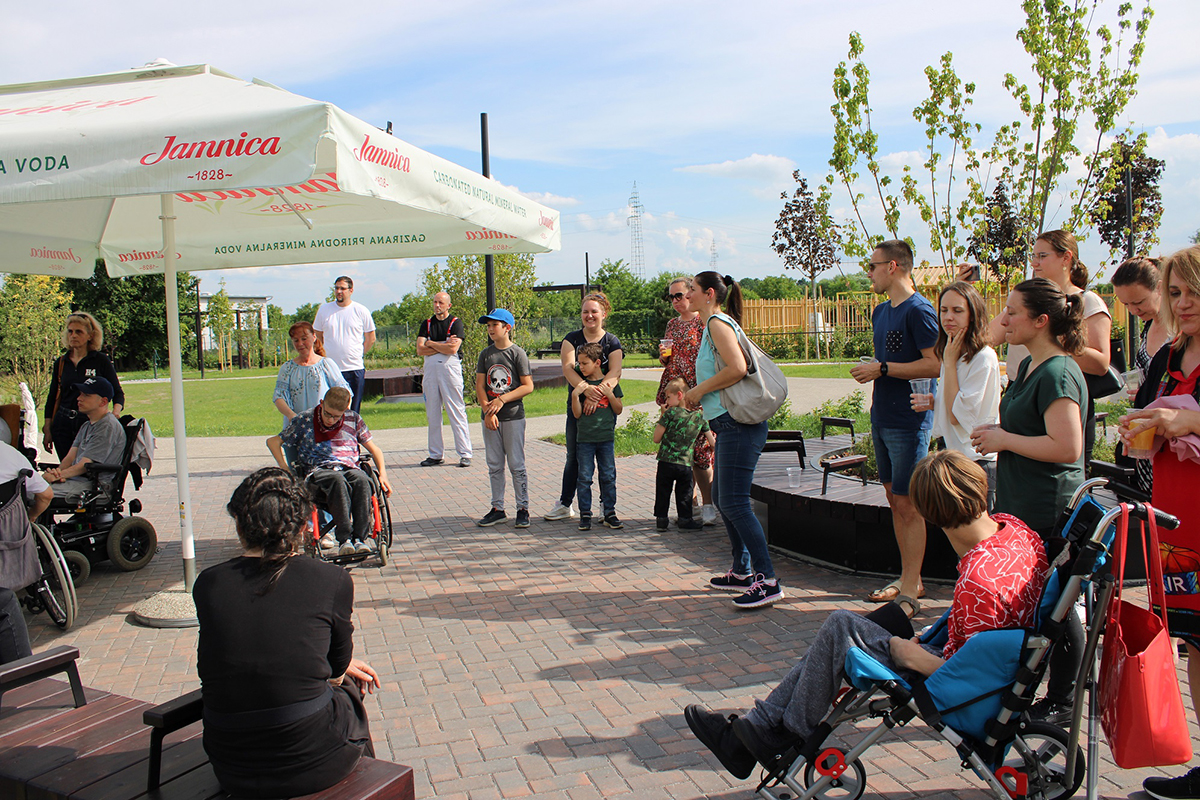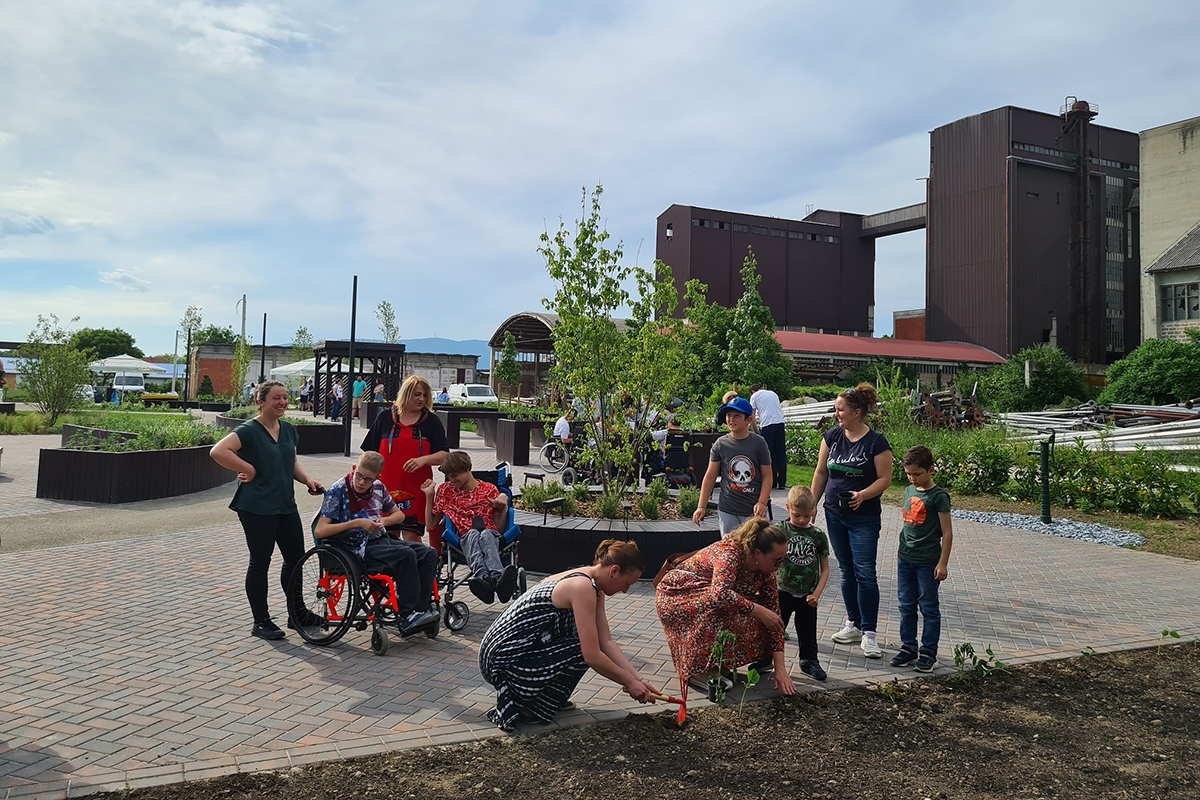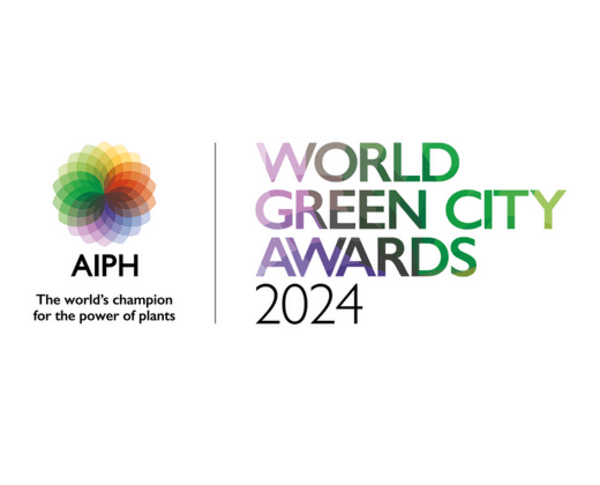Status
completed
100%
City
Zagreb
Main actors
City Government, Supranational / Intergovernmental Institutions, Private Sector, NGO / Philanthropy, Community / Citizen Group
Project area
Whole City/Administrative Region
Duration
2020 - 2021
The therapeutic Garden in the Sesvete district of Zagreb has been designed and created by the city government in collaboration with local organisations that serve children and adults with a range of disabilities. As the first of its kind in Croatia, the therapeutic garden represents a low-tech, bottom-up transformation of a former meat processing industry's brownfield area into a green, sustainable, inclusive space that enhances the social and spatial quality of both the neighbourhood, and the city more broadly.
The therapeutic garden in Zagreb is specially designed with the aim of strengthening motor, sensory, cognitive, affective, nutritional, emotional and social potential. Visitors to the Sesvete garden experience nature through all their senses, enjoying a variety of activities where nature is the focal point. By fostering a welcoming and accessible environment, the garden inspires families with members with disabilities to actively participate and engage in various activities. This in turn facilitates increased interaction between people with disabilities and those without and promotes the integration of marginalized individuals into the broader local community while providing activities that improve health and wellbeing.
This initiative was entered in the 2022 edition of the AIPH World Green City Awards. You can view the full case study, as it was originally written by the City of Zagreb, here. The content herein has been edited and supplemented with information from the proGlreg project factsheet, which is available here.
External links / documents
On Map
The Map will be displayed after accepting cookie policy
